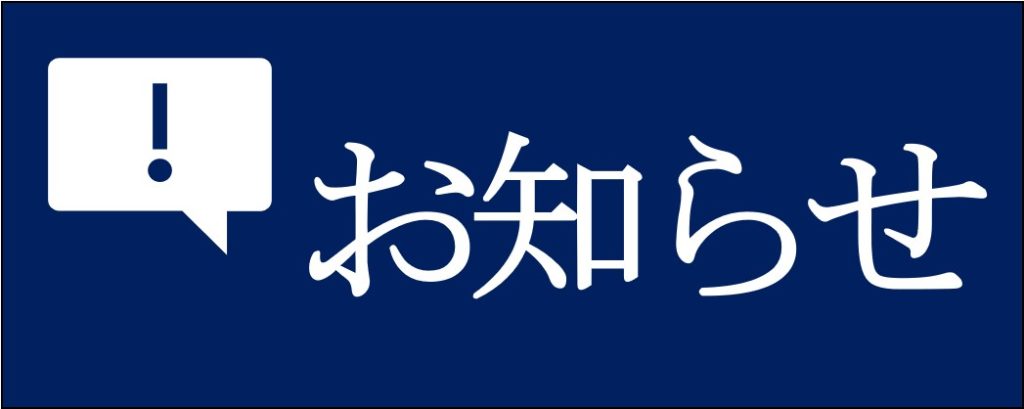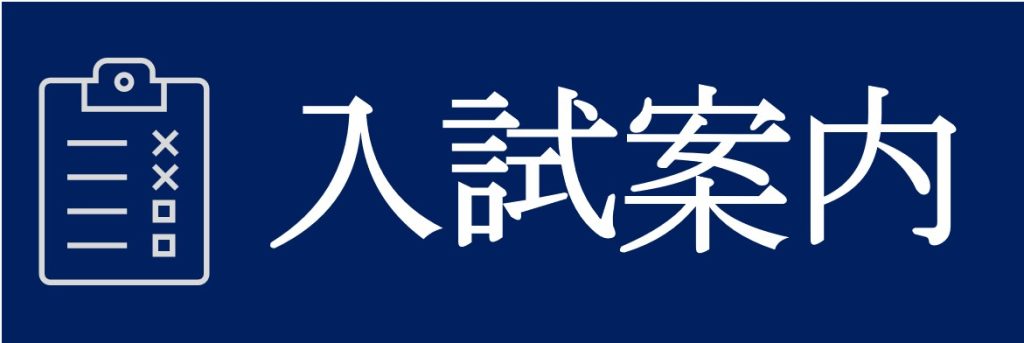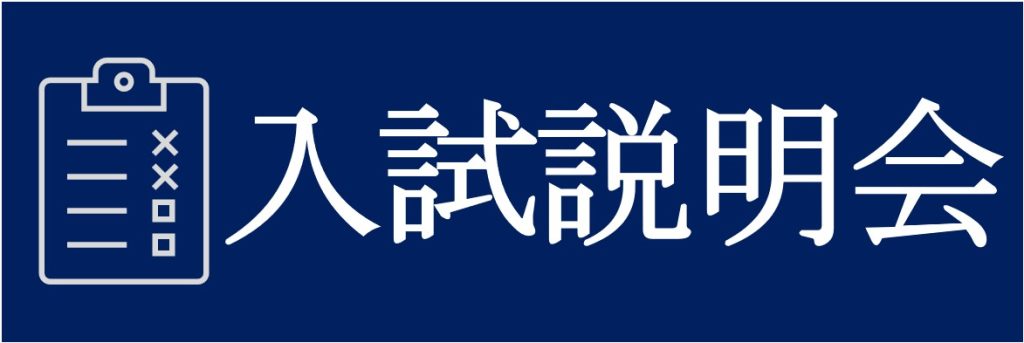Faculty
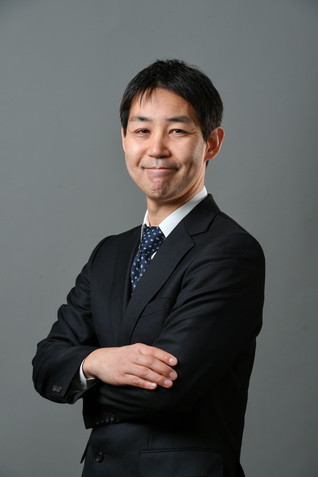
Socioeconomic System
KANNO Taro
- Position
- Assoc. Prof.
- Affiliation
- Department of Systems Innovation,Faculty of Engineering,The University of Tokyo
- Keyword
- Team Cognition, Human Factors and Ergonomics, Service Systems Design, Human-Centered Resiliience Engineering.
- kanno(at)sys.t.u-tokyo.ac.jp※Please replace (at) with @ and send mail.
Cognitive Systems Engineering: Human-Centered Systems Design

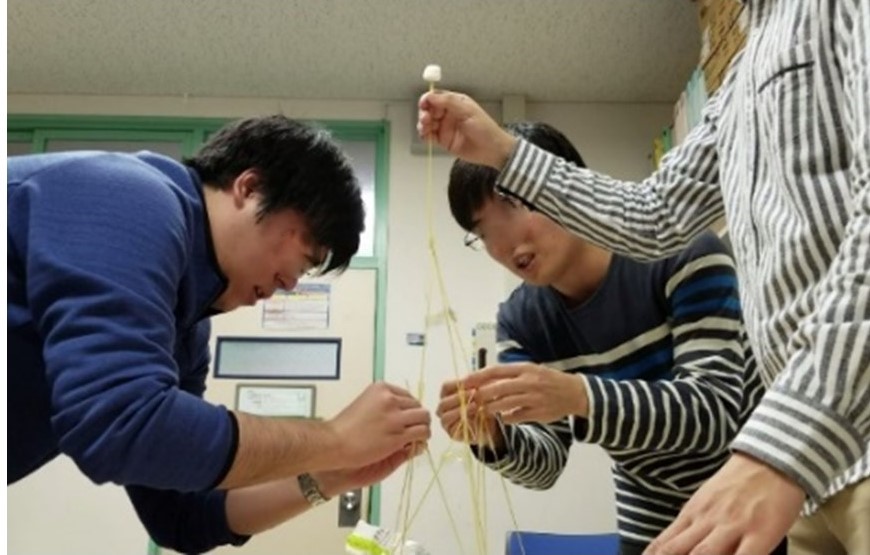
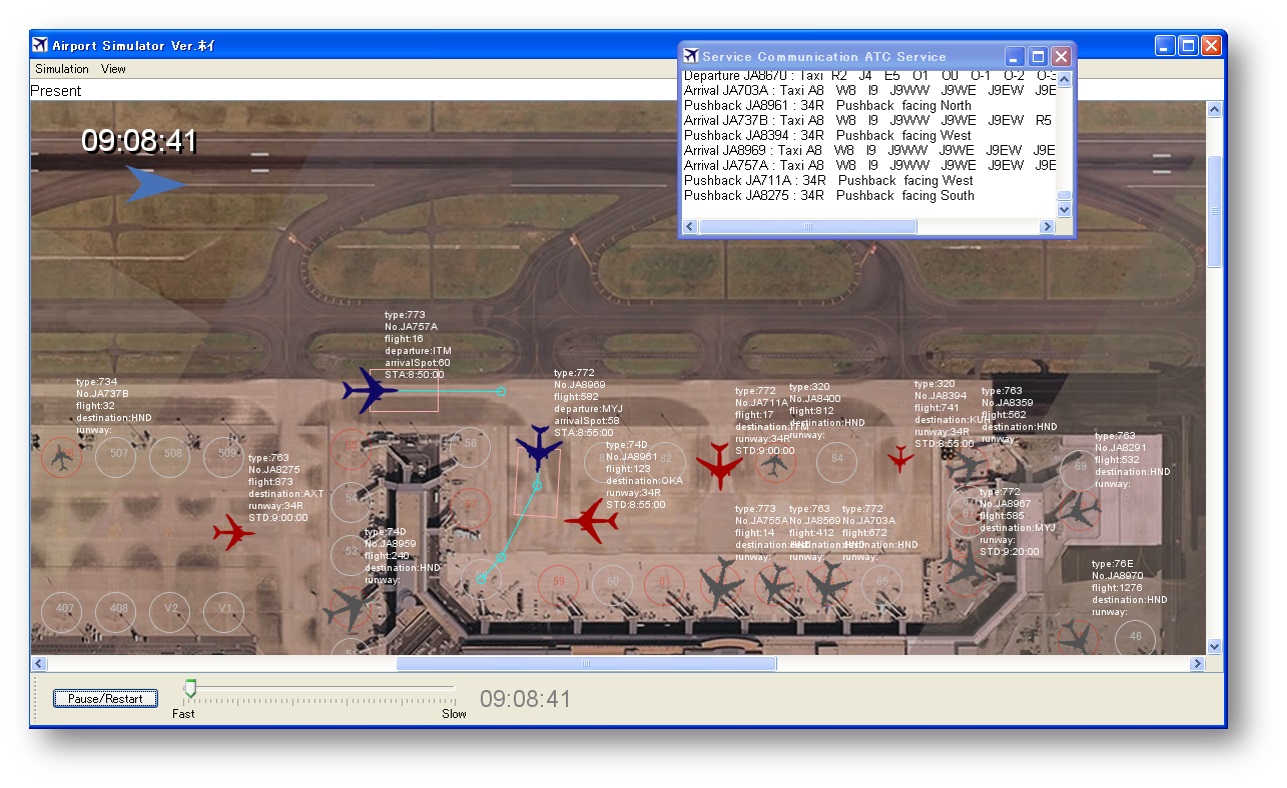
Team Cooperation and Organizational Coordination
We are studying various engineering issues around team cooperation and organizational coordination, ranging from theoretical/fundamental to applied studies. We proposed a theoretical model of cognition for cooperation based on the concept of mutual beliefs, and employ this model to explore cognitive process and constructs such as communication and shared mental model for better teamwork and organizational coordination. For these studies, we are also developing various new methods for experiments, data collection and analysis, human modeling, and computer simulations.
Meso and Macro-Cognition
We are studying macro-cognitive issues in various domains such as medical/nursing,ATC, and disaster response. One of the challenging problems in such macro-cognitive studies is context-dependency. In order to explore the nature and the mechanism of such context-dependent cognitive behaviour, we are not only doing macro-cognitive studies, but also trying to model real contexts and develop a methodology for laboratory experiments to study cognition under quasi-realistic contexts.
Human-Centered Resilience Engineering
We are studying the resilient characteristics of human systems such as team, organization, and society, and are exploring what makes such systems resilient against various inner- and outer-perturbations and how to make such human systems more resilient. Currently, we are developing a simulation of recovery of urban cities from disaster damage considering multiple interdependencies among lifelines, industrial activities, and civil life, a social simulation of opinion formation and resilience using the extended mutual beliefs model, and a management system for disaster training scenarios based on collaborative knowledge and AI.


